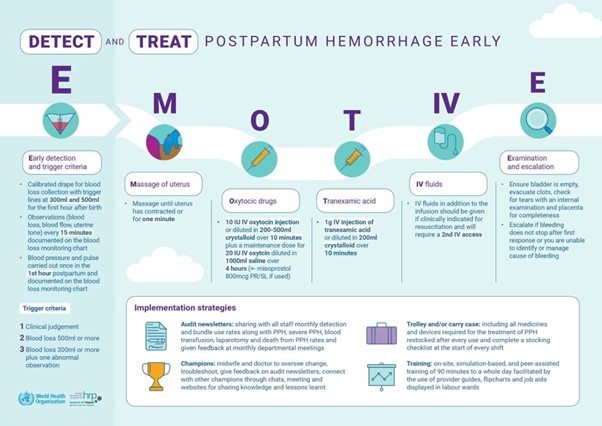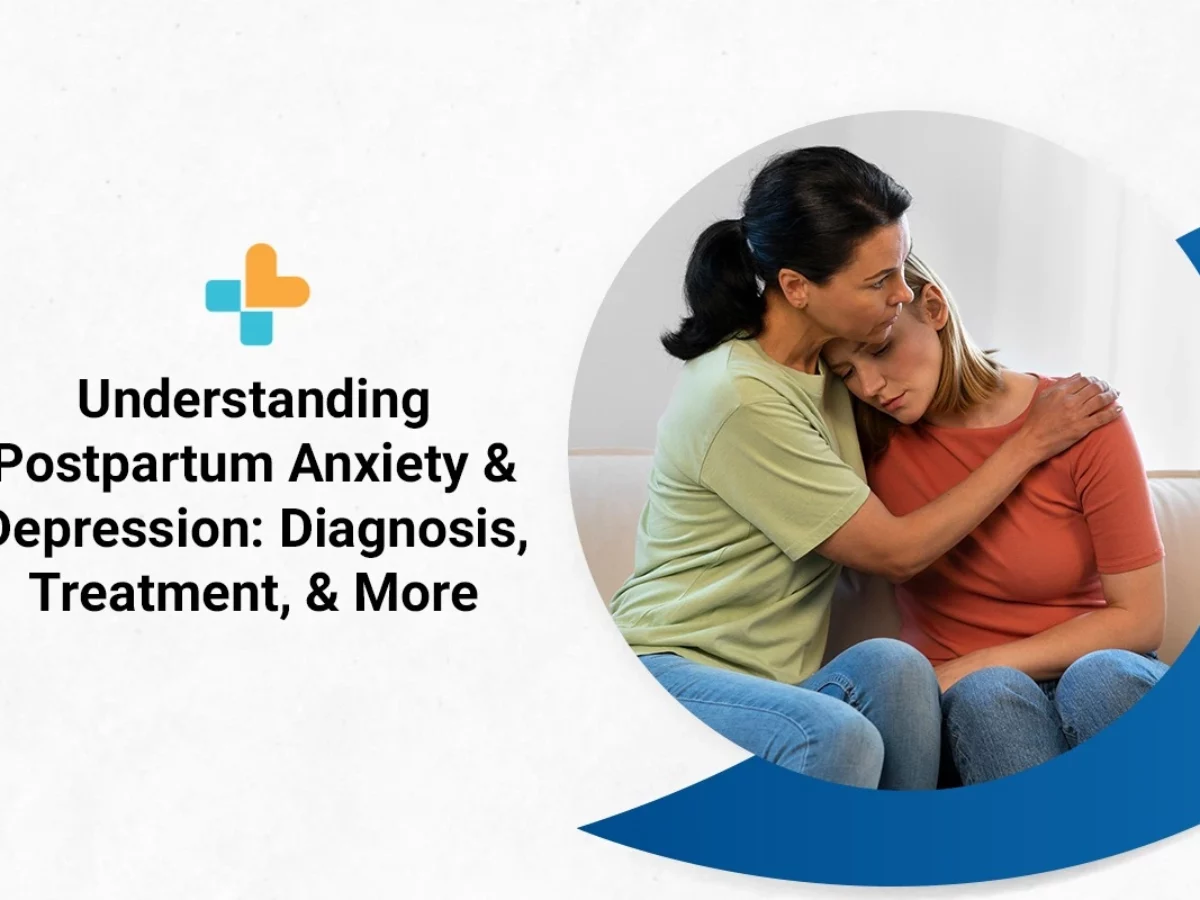Beautiful Journey Reproductive Counseling Center - An Overview
Beautiful Journey Reproductive Counseling Center - An Overview
Blog Article
The 2-Minute Rule for Beautiful Journey Reproductive Counseling Center
Table of ContentsSome Of Beautiful Journey Reproductive Counseling CenterIndicators on Beautiful Journey Reproductive Counseling Center You Should KnowThe smart Trick of Beautiful Journey Reproductive Counseling Center That Nobody is Talking AboutThe Definitive Guide to Beautiful Journey Reproductive Counseling CenterThe Beautiful Journey Reproductive Counseling Center DiariesFacts About Beautiful Journey Reproductive Counseling Center Revealed

Collaborating with psychological health and wellness experts is a terrific way to learn more about postpartum depression and exactly how to recover. Therapy permits ladies to resolve their problem and comprehend the progress they make. Specialists can likewise adjust therapy in action to the woman's progression. Treatment is a personal and vital way to treat postpartum anxiety.

Everything about Beautiful Journey Reproductive Counseling Center
There have not been conclusive researches published that looked particularly at folate or various other B vitamins in the treatment of postpartum clinical depression. Think about advising to females who are postpartum to continue their prenatal vitamin or take a B-100 complicated with regarding 1 mg (or 1,000 mcg) of folic acid, or folate.
Adjustment of vitamin D deficiency may play a considerable function in the recovery from postpartum depression. Mothers having a hard time with anxiety ought to have their 25-OH vitamin D level tested. Many women locate that they require a minimum of 2,000-3,000 IUs of cholecalciferol, which is vitamin D3 (a type that is really readily taken in) throughout the cold weather.
In the summertime, less dental vitamin D might be needed, depending on the latitude where the mommy lives. perinatal counseling.
10 Simple Techniques For Beautiful Journey Reproductive Counseling Center
[15, 16 (https://www.tumblr.com/beaj0urepcc)] Anticoagulation may be used, and it must be noted that there exists no universal guideline or referral for anticoagulation therapy in septic pelvic thrombosis. First bolus of 60 units/kg (4000 devices optimum) complied with by 12 units/kg/h (optimum of 1000 units/h) is suggested. [6] The aPTT is checked for 2-3 times the typical value.
Postpartum depression (PPD) is a complicated mix of physical, psychological, and behavior changes that take place in some females after delivering. According to the DSM-5, a manual utilized to detect mental conditions, PPD is a type of significant depression that begins within 4 weeks after distribution. The medical diagnosis of postpartum depression is based not only on the size of time in between delivery and onset but on the seriousness of the clinical depression.
The term defines an array of physical and psychological adjustments that several brand-new mommies experience. The real link between this decrease and anxiety is still not clear.
Excitement About Beautiful Journey Reproductive Counseling Center
Often, signing up with a support team of new moms or chatting with other moms assists. can happen a couple of days or even months after childbirth. PPD can happen after the birth of any kid, not just the initial kid. You can have feelings comparable to the baby blues-- despair, anguish, anxiety, crankiness-- yet you feel them far more strongly.
When your capacity to function is influenced, you need to see a healthcare carrier, such as your OB/GYN or main treatment doctor. This physician can evaluate you for anxiety signs and symptoms and create a therapy plan. If you don't obtain treatment for PPD, symptoms can worsen. While PPD is a major problem, it can be treated with medication and counseling.
This disease can take place swiftly, often within the very first 3 months after childbirth. Ladies can shed touch with fact, having acoustic hallucinations (hearing points that aren't in fact happening, like a person talking) and delusions (strongly believing things that are clearly irrational). Visual hallucinations (seeing things that aren't there) are much less usual.
Ladies who have postpartum psychosis requirement treatment right away and almost constantly require medicine. Treatment alternatives consist of anti-anxiety or antidepressant medications, psychotherapy, and participation in a support team for emotional assistance and education.
Beautiful Journey Reproductive Counseling Center for Beginners
Children of mommies with postpartum anxiety are most likely to have troubles with sleeping and consuming, sobbing more than typical, and hold-ups in language development. If you have a history of clinical depression, tell your physician as quickly as you figure out you're expectant, or if you're planning to end up being expectant.
Commonly, signing up with a support group of brand-new mommies or speaking with read the full info here various other moms helps. can happen a few days or also months after giving birth. PPD can happen after the birth of any type of kid, not simply the initial child. You can have feelings comparable to the child blues-- sadness, anguish, stress and anxiety, crankiness-- yet you feel them far more strongly.
When your ability to function is impacted, you need to see a healthcare service provider, such as your OB/GYN or medical care doctor. This doctor can screen you for clinical depression symptoms and create a therapy strategy. If you don't get treatment for PPD, signs can get worse. While PPD is a major condition, it can be treated with medication and counseling.
This illness can happen rapidly, commonly within the initial 3 months after giving birth. Ladies can lose touch with fact, having acoustic hallucinations (hearing things that aren't actually happening, like an individual speaking) and misconceptions (highly believing points that are plainly unreasonable). Visual hallucinations (seeing points that aren't there) are much less common.
The Ultimate Guide To Beautiful Journey Reproductive Counseling Center
Ladies that have postpartum psychosis demand therapy immediately and generally require medication. Often women are taken into the healthcare facility because they are at threat for harming themselves or somebody else. Postpartum clinical depression is discriminated, depending upon the sort of signs and just how severe they are. Treatment alternatives consist of anti-anxiety or antidepressant medicines, psychotherapy, and engagement in a support system for emotional support and education and learning.
Youngsters of mommies with postpartum anxiety are more probable to have troubles with resting and consuming, sobbing greater than common, and delays in language advancement (licensed professional counselor new jersey). If you have a background of anxiety - https://lwccareers.lindsey.edu/profiles/4486559-john-coates, tell your doctor as quickly as you discover you're expecting, or if you're intending to end up being expecting
Report this page